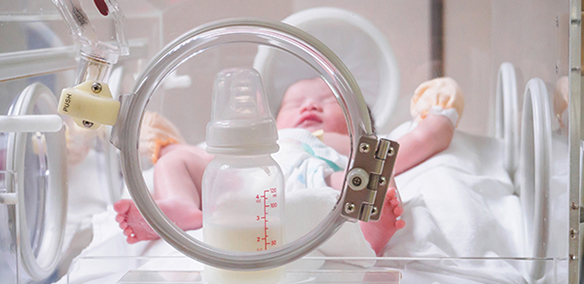
Occasionally, labor may begin prematurely. Although you may not be at risk for premature labor, it is important to know the signs and symptoms that may indicate an early onset of labor. Many pregnancy symptoms, such as backache, are common discomforts throughout pregnancy and may or may not indicate premature labor. The following information will help you understand what is normal and when you need to call your healthcare provider.









